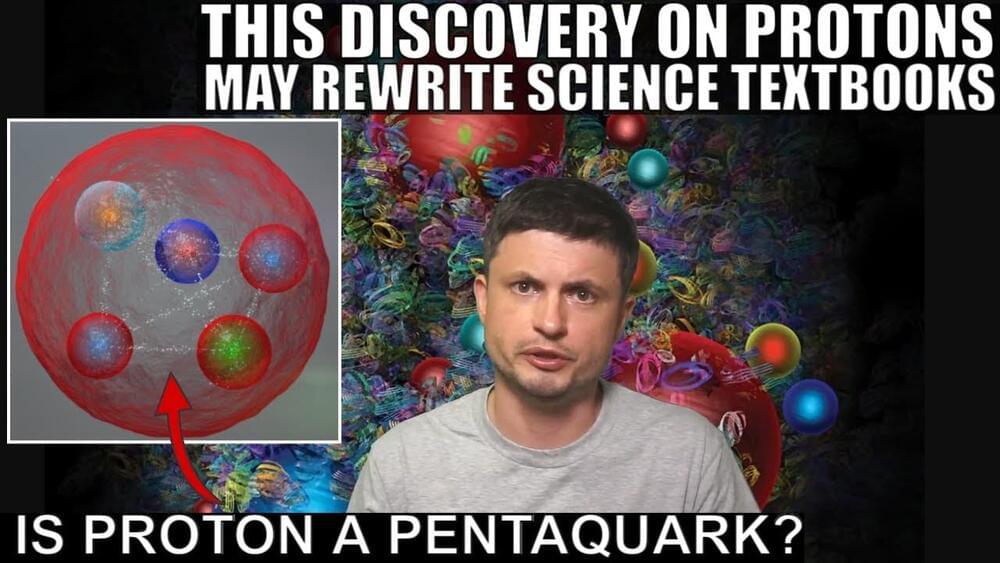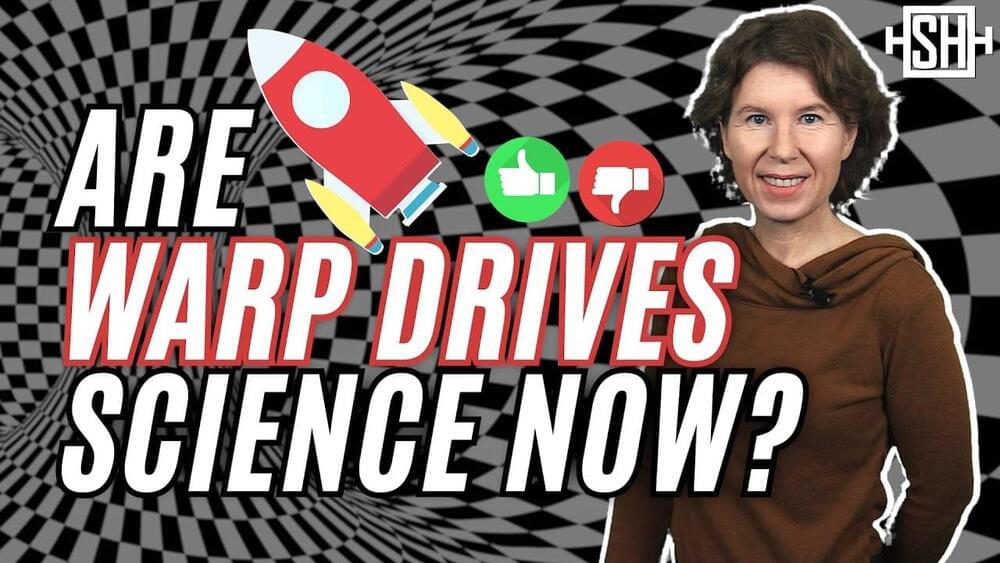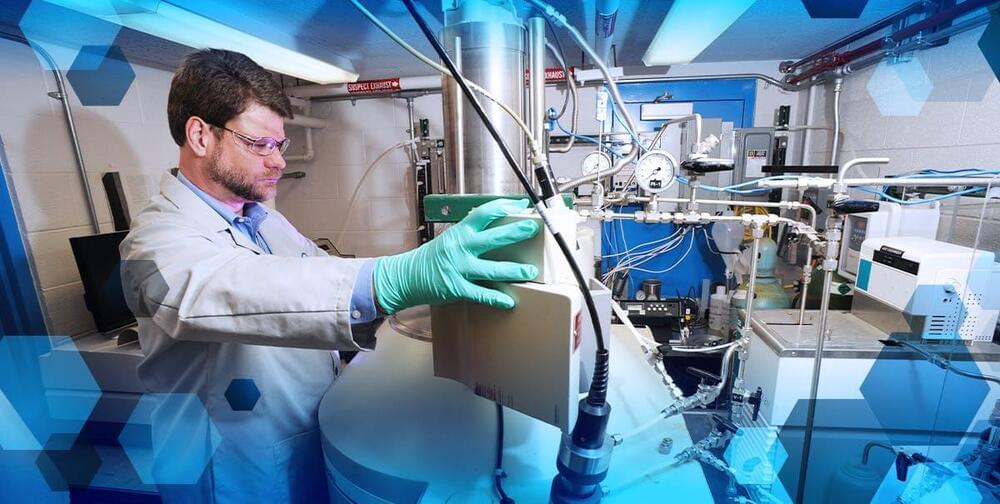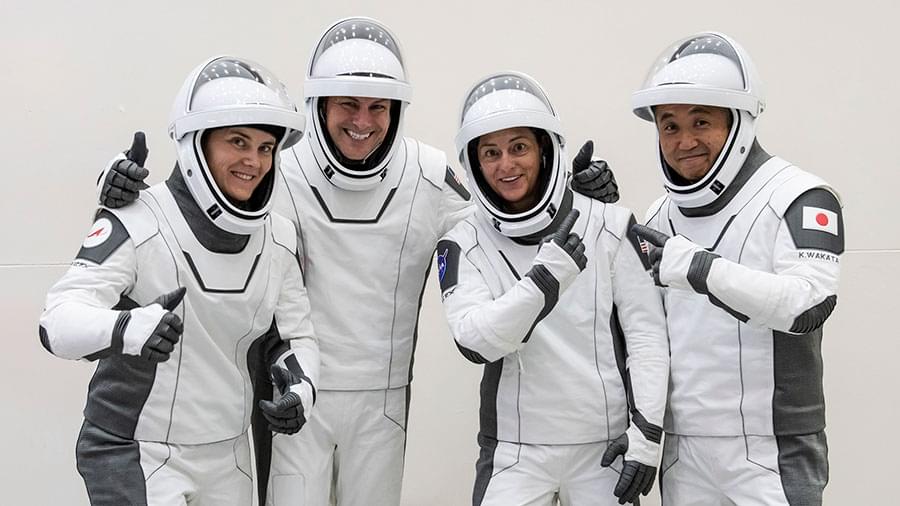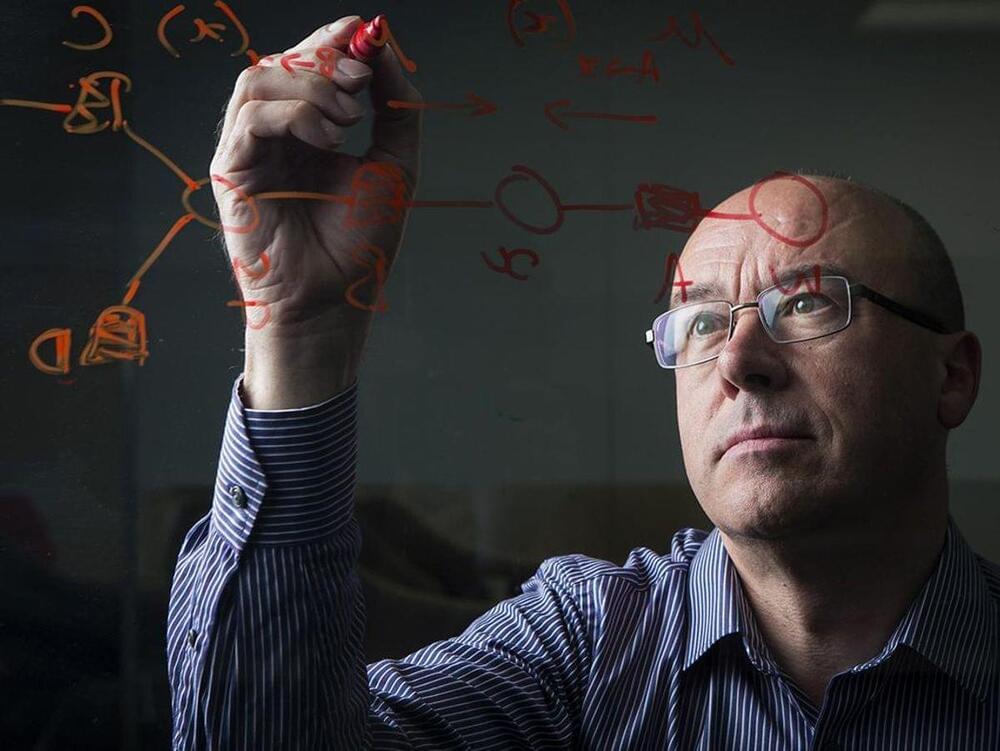Sep 9, 2022
Groundbreaking Proton Discovery That May Rewrite Science Textbooks
Posted by Dan Breeden in categories: bitcoin, cryptocurrencies, particle physics, science, space
Get a Wonderful Person shirt: https://teespring.com/stores/whatdamath.
Classic Mars design is on Amazon: https://amzn.to/3wDGy2i.
Alternatively, PayPal donations can be sent here: http://paypal.me/whatdamath.
Hello and welcome! My name is Anton and in this video, we will talk about a new groundbreaking discovery about a proton — a charm quark on the inside?
Links:
Previous video: https://youtu.be/8BTZOz850GI
Unusual experiment findings: https://youtu.be/jYAsW8OXg7c.
https://www.nature.com/articles/s41586-022-04998-2
https://www.sciencedirect.com/science/article/abs/pii/0370269380903640
https://www.youtube.com/watch?v=G-9I0buDi4s.
https://www.jlab.org/
https://www.mdpi.com/2571-712X/5/2/15
#charm #proton #physics.
Continue reading “Groundbreaking Proton Discovery That May Rewrite Science Textbooks” »
